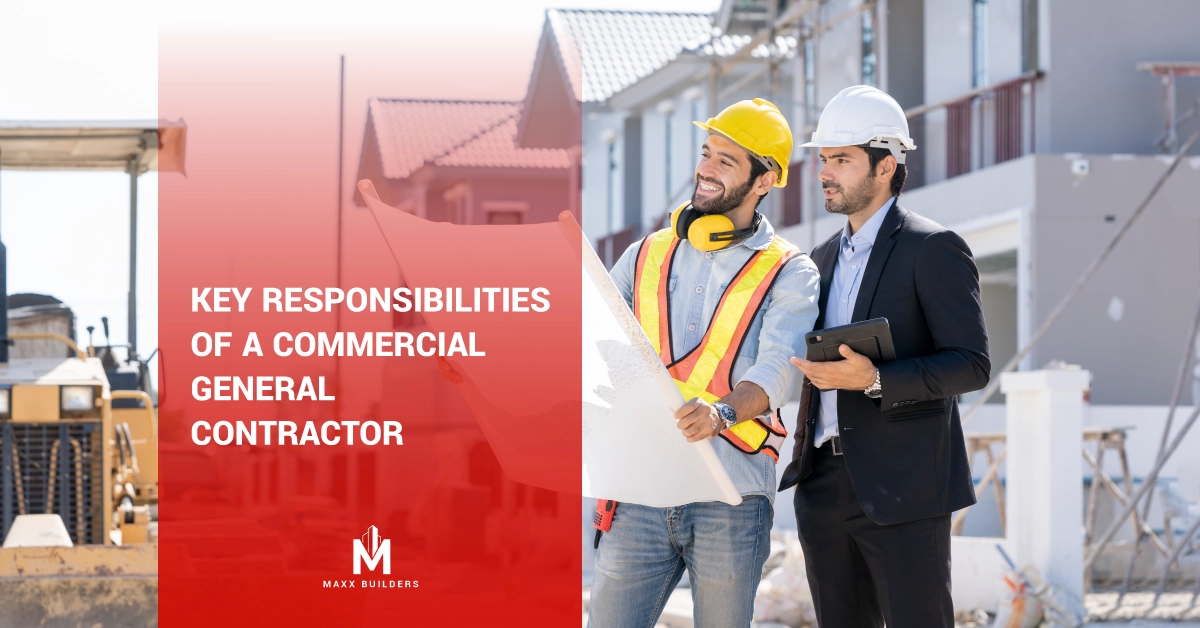A commercial general contractor (GC) is a professional who oversees the construction of commercial buildings. They play a vital role in ensuring the smooth running of a construction project from start to finish. From pre-construction to final inspection, a commercial general contractor is responsible for overseeing the entire construction process, from planning to completion.
The first step in a construction project is pre-construction, where the general contractor works with the owner, architect, and engineers to plan the project. This stage involves setting the project budget, creating a schedule, and identifying any potential obstacles that may arise during the construction process. A commercial general contractor must have a thorough understanding of the building codes and regulations, as well as the necessary permits, in order to ensure the project complies with all laws and regulations.
Once the pre-construction stage is complete, the general contractor will begin the actual construction process. This includes hiring subcontractors, such as electricians, plumbers, and carpenters, to complete specific tasks. The general contractor is responsible for coordinating the work of these subcontractors and ensuring that the work is done to the specifications outlined in the plans. The general contractor must also manage the flow of materials and equipment to the job site and keep track of the construction budget.
Throughout the construction process, the general contractor is also responsible for overseeing the safety of all workers on the job site. They must ensure that all workers are following safety procedures and that the job site is free from hazardous conditions. In the event of an accident, the general contractor must take immediate action to ensure the safety of all workers and to minimize any potential damage to the construction project.
Another important responsibility of a commercial general contractor is ensuring that the construction project is completed on time and within budget. This requires effective communication and coordination with all parties involved, including the owner, architect, engineers, and subcontractors. The general contractor must also keep the owner informed of any changes or unexpected issues that may arise during the construction process and provide solutions to address these issues.
Once the construction is complete, the general contractor is responsible for conducting a final inspection to ensure that the project meets the specifications outlined in the plans. They will also ensure that all necessary permits have been obtained and that the building is in compliance with all building codes and regulations. If any issues are found during the final inspection, the general contractor will be responsible for resolving them in a timely manner.
In conclusion, a commercial general contractor plays a crucial role in ensuring that a construction project is completed on time, within budget, and to the satisfaction of the owner. They must have a thorough understanding of building codes and regulations, as well as the ability to coordinate the work of subcontractors and manage the construction budget. A commercial general contractor must also be able to handle any unexpected issues that may arise during the construction process and ensure the safety of all workers on the job site.



